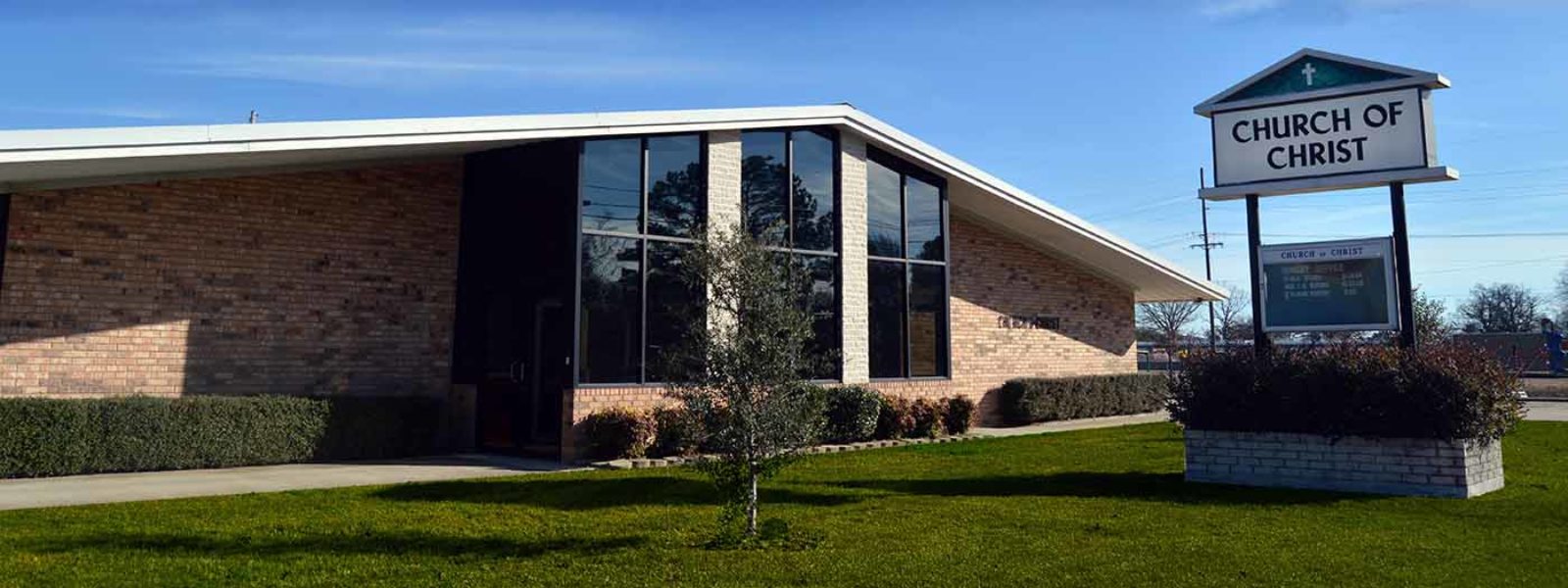Things to Leave Behind
Podcast: Play in new window | Download
Subscribe: RSS
Date written: 2 January 2015
SUBJECT: Spiritual Health/Forgiveness
TITLE: Things to Leave Behind
PROPOSITION: As Christians, there are some things that we must leave behind. We leave behind: 1) our sins 2) the past 3) resentments 4) regrets 5) grudges.
OBJECTIVE: To not hold onto things that are going to defeat us in our mind before we get started.
INTRODUCTION:
1. Read: Phil.3:13-14 “Brethren, I count not myself to have apprehended: but this one thing I do, forgetting those things which are behind, and reaching forth unto those things which are before, I press toward the mark for the prize of the high calling of God in Christ Jesus.”
2. About the Text:
1) The apostle Paul certainly knew what it meant to have a troubled past.
2) He said of himself that he was a blasphemer, persecutor, and injurious (1 Tim.1:13).
3) Many of us have troubles in our past as well.
a. There are old sins that plague us.
b. There are resentments and regrets.
c. And not a few of us hold grudges against others.
4) The New Year is often a time when people begin again and start afresh.
5) It is a time to put the past in the past and look forward to a new future.
6) It is a good time to leave some things behind.
3. Ref. to S, T, P, O, and A.
DISCUSSION: As a Christian, I leave behind in the year 2014 . . .
I. My Sins
1. Christians are not to sin, but we do – 1 John 2:1.
2. We have forgiveness in Christ – 1 John 1:7, 9.
3. Why do we beat ourselves up with our sins?
4. We don’t love ourselves like Christ loves us.
5. Leave your sins in the past.
II. My past.
1. Others hurt us in ways that are deep and lasting.
2. We can easily be identified by our past, and get lost in replaying those events over and over again.
3. Phil.3:13-14 “Brethren, I count not myself to have apprehended: but this one thing I do, forgetting those things which are behind, and reaching forth unto those things which are before, I press toward the mark for the prize of the high calling of God in Christ Jesus.”
4. We cannot let our past identify us.
1) It is self-destructive.
2) It buries us in negative thinking and false speculation.
3) It removes us from the present.
4) It causes irresponsibility for self.
5. Jesus is our identity (Gal.2:20).
III. My resentments.
1. Resentments are aimed at other people and usually involve anger and displeasure.
2. Paul wrote, “Let all bitterness, and wrath, and anger, and clamor, and evil speaking, be put away from you, with all malice” (Ephesians 4:31).
3. Resentment does not build up personal relationships, but destroys them.
4. We must take care of our relationships with others by talking about our problems with one another (Matthew 18:15).
5. “Brethren, if a man be overtaken in a fault, ye which are spiritual, restore such an one in the spirit of meekness; considering thyself, lest thou also be tempted” (Gal.6:1).
IV. My regrets.
1. We feel regret when we experience loss and disappointment.
2. “I wish it had been otherwise” is usually a thought that accompanies regret.
3. We do make mistakes in judgment that hurt others.
4. Again, we take care of our relationships by going and talking to folks.
5. We must forgive ourselves as Christ has forgiven us by letting go of our regrets and understanding that they have been cast far away.
6. Read Psalm 103:8-14.
V. My grudges.
1. Grudges are deeper than resentments.
2. We are usually willing to act on our grudges.
3. Christians cannot afford to hold a grudge against anyone because it identifies us with another person instead of Christ.
4. Practicing forgiveness will help us not to hold grudges.
5. “But if ye forgive not men their trespasses, neither will your Father forgive your trespasses.” (Matthew 6:15).
6. While on the cross Jesus prayed, “Father, forgive them; for they know not what they do” (Luke 23:34).
CONCLUSION:
1. As a Christian, I leave behind in the year 2014 . . .
1) My Sins
2) My Past.
3) My Resentments.
4) My Regrets
5) My Grudges
2. Christians have opportunity to call upon the mercy and grace of God at any time for personal healing and forgiveness.
3. If you are not a Christian, you need God’s forgiveness working in your life.
4. Invitation


